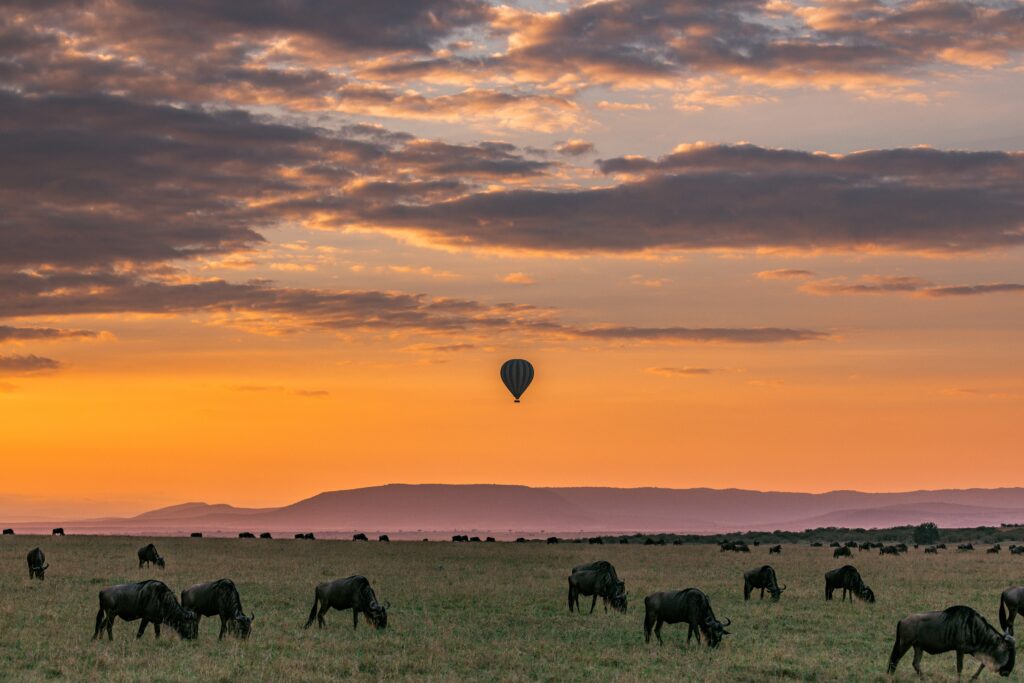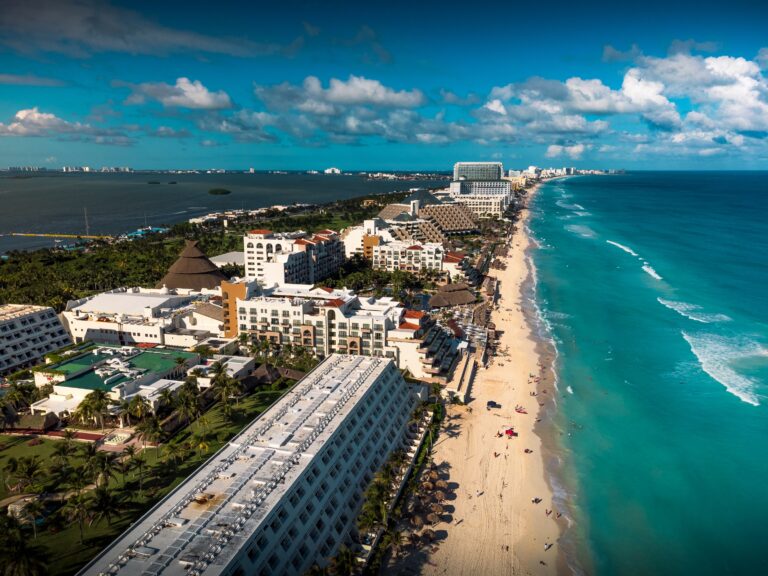Welcome to the vast and untamed wilderness of Serengeti National Park, a unforgettable destination in Tanzania that will transport you to a world of extraordinary beauty and captivating wildlife encounters.
From the sweeping savannah plains to the iconic wildebeest migration, this national park offers an unforgettable safari experience like no other. Join us as we embark on a virtual journey through the wonders of Serengeti, where nature and beast reigns supreme.
Serengeti National Park is located in northern Tanzania, spanning an area of approximately 14,750 square kilometers (5,700 square miles).
It is situated within the Serengeti ecosystem, which includes other protected areas like the Ngorongoro Conservation Area, Maswa Game Reserve, and Grumeti Game Reserve.
Weather and Temperatures: Serengeti National Park experiences distinct seasons. The dry season, from June to October, offers mild temperatures during the day and cooler nights.
Temperatures range between 70-80°F (21-27°C) during the day, while nights can drop to 50-60°F (10-15°C). The wet season, from November to May, brings warmer temperatures with occasional rainfall. Daytime temperatures can reach 80-90°F (27-32°C), while nights remain relatively warmer.
The best time to visit Serengeti National Park depends on your preferences and the specific experiences you seek.
The dry season (June to October) is considered the peak tourist season, with optimal wildlife sightings due to animals gathering around water sources. It is also the time of the Great Wildebeest Migration, where river crossings occur from July to September.
The wet season (November to May) offers lusher landscapes, fewer crowds, and lower prices. It’s an excellent time for birdwatching and witnessing newborn animals. However, some roads may become impassable due to heavy rains.
What to Expect as a First-Time Visitor: As a first-time visitor to Serengeti National Park, expect to be mesmerized by the sheer beauty of the landscape and the abundance of wildlife.
Prepare for thrilling game drives, stunning sunsets, and the possibility of witnessing incredible predator-prey interactions. Be aware that the park is vast, and wildlife sightings can vary.
Trust the expertise of your guides and keep an open mind to embrace the unexpected.
Serengeti National Park is known for its wild life ecosystem and diverse biodiversity. the landscapes varies from grassy plains to woodlands and riverine forests.
Highlighting the abundance of wildlife, including the iconic African Big Five (lion, leopard, elephant, rhinoceros, and Cape buffalo), as well as cheetahs, giraffes, zebras, and countless bird species.
Sharing stories of thrilling encounters with these magnificent creatures will be a tale never untold.
- Lightweight and breathable clothing for hot days
- Long-sleeved shirts and pants for protection against insects and the evening chill
- Comfortable walking shoes or boots for nature walks
- Wide-brimmed hat and sunglasses for sun protection
- Warm layers for early morning game drives and cooler evenings
- Binoculars and a camera with extra batteries and memory cards
- Insect repellent and sunscreen
- Travel documents, including passports and necessary permits
- Personal toiletries and medications
By packing wisely, being aware of the weather, choosing the best time to travel, and approaching your adventure with an open mind, you will be well-prepared to immerse yourself in the captivating beauty and natural wonders that await you in this remarkable wilderness.
So pack your bags, prepare your camera, and embark on an adventure you will cherish forever in the heart of Tanzania’s Serengeti National Park.
And always thank you for reading!
Click here to watch the the full blog!
Related Articles
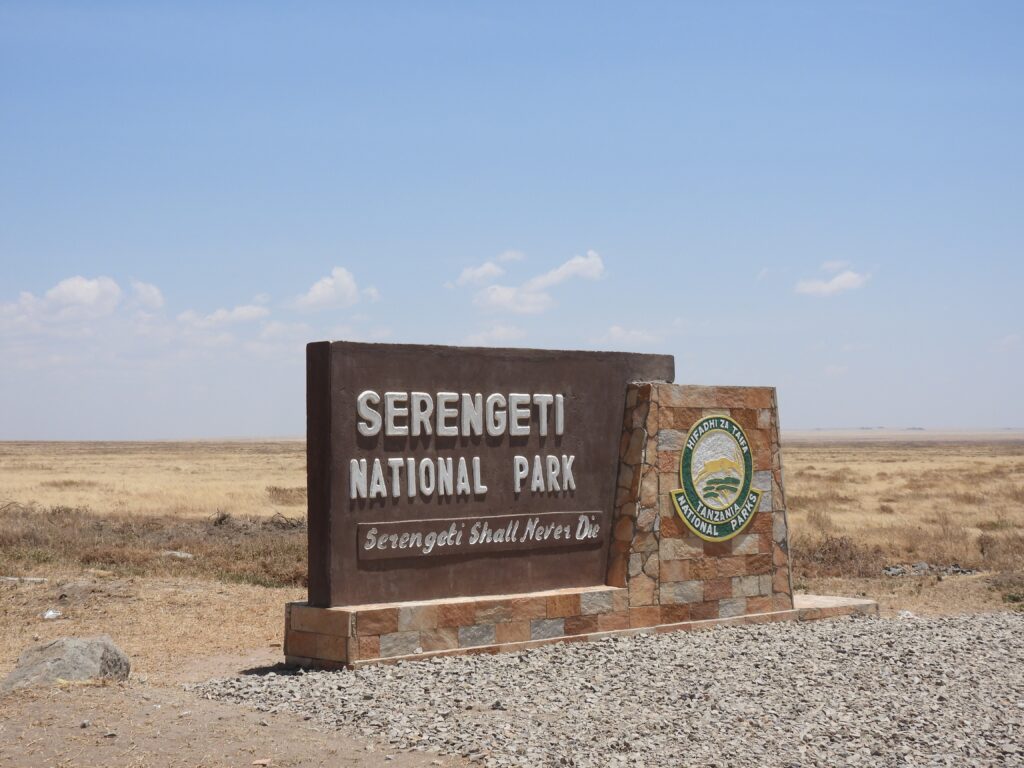
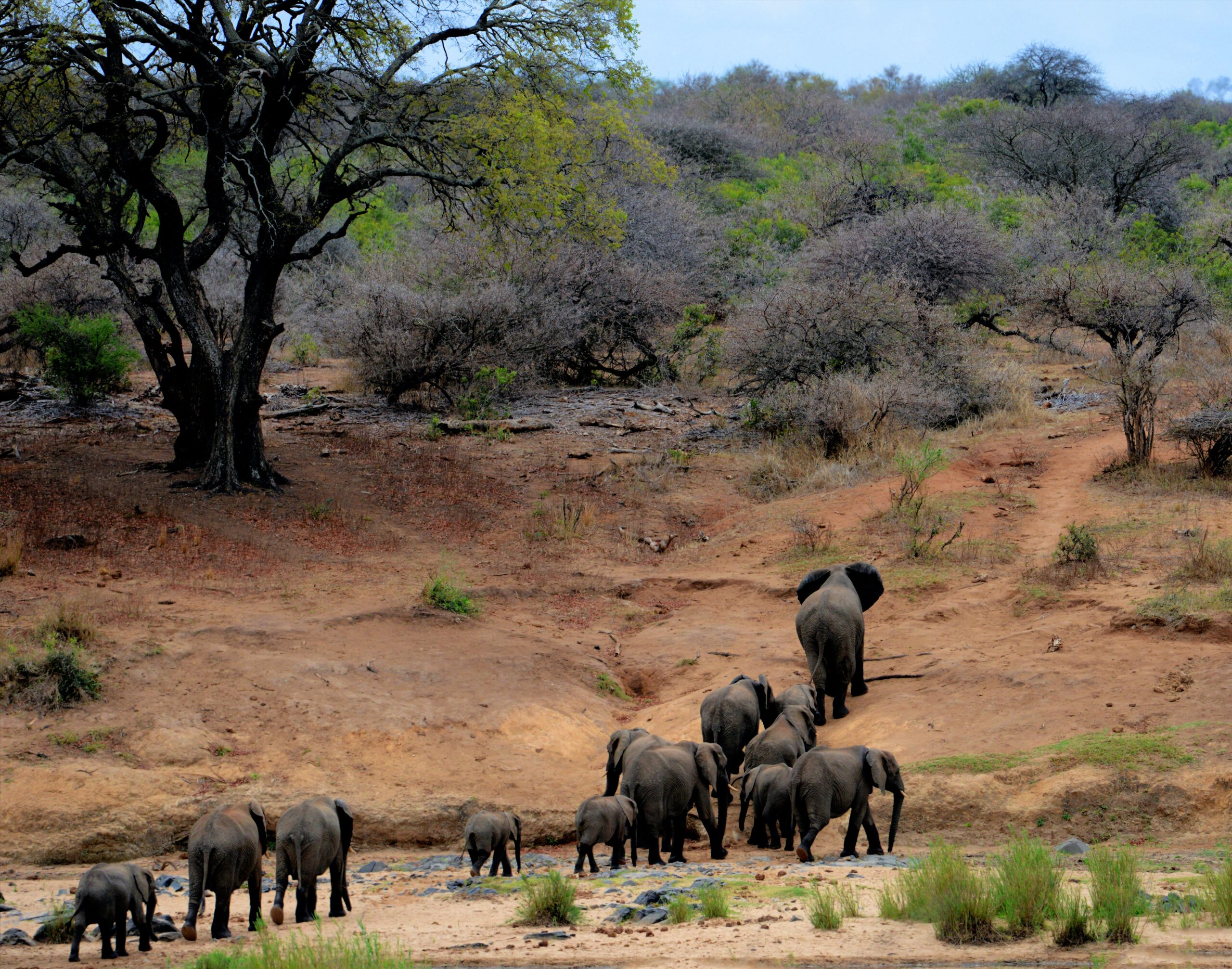
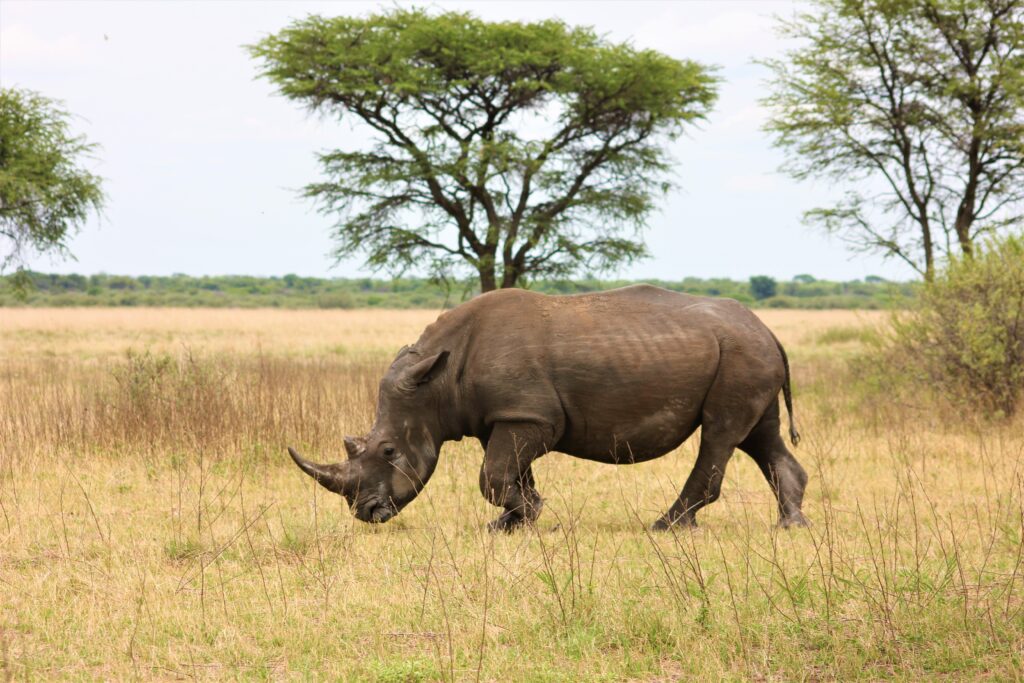
Travelers Guide: Serengeti National Park, Tanzania
Embarking on a journey into Serengeti National Park is an extraordinary adventure that requires proper preparation and understanding. Whether you are a first-time visitor or an experienced traveler, here is a guide to help you know what to expect and how to make the most of your journey into this remarkable wilderness.
Here are some activities to do on your journey as well as some attractions that are near by.
- The Great Wildebeest Migration: The annual Great Wildebeest Migration is a phenomenon that should not be missed. enjoy the journey of millions of wildebeest, zebras, and gazelles as they migrate in search of fresh grazing and water. where they face perilous obstacles and fierce predators.
- Game Drives and Safari Adventures: The exhilarating game drives and safari experiences that Serengeti offers. Such as Seronera, Ndutu, and the Western Corridor. Provide tips for spotting elusive animals, such as leopards and rhinos, and share insider knowledge about the park’s diverse birdlife.
- Hot Air Balloon Safari: The unique opportunity to embark on a hot air balloon safari over the Serengeti. Sunrise or sunset any of these times are truly breathtaking experiences. The tranquility and serenity of this experience as you float high above the safari getting a different perspective of the land and wildlife.
- Maasai Culture and Community: Delve into the rich cultural heritage of the Maasai people, who have inhabited the lands surrounding Serengeti for centuries. Get insights into their traditional way of life, unique clothing, and intricate beadwork. The opportunity to visit a Maasai village, interact with the locals, and learn about their customs and traditions.
Surrounding Attractions:
- Ngorongoro Crater: Located adjacent to Serengeti National Park, the Ngorongoro Crater is a UNESCO World Heritage Site and a natural wonder. It is the largest intact caldera in the world and boasts stunning scenery, abundant wildlife, and the chance to spot the critically endangered black rhino.
- Lake Manyara National Park: Situated to the east of Serengeti, Lake Manyara National Park is renowned for its incredible landscapes, from the lush groundwater forest to the alkaline lake. It is home to lions, elephants, hippos, and a vast array of bird species.
- Tarangire National Park: Located to the southwest of Serengeti, Tarangire National Park is famous for its large herds of elephants and its scenic baobab trees. Visitors can enjoy game drives, walking safaris, and birdwatching in this picturesque park.
Accommodation Options:
- Seronera: This central region of Serengeti offers a range of lodges and camps, providing convenient access to prime wildlife viewing areas.
- Western Corridor: Situated in the western part of the park, this area offers accommodations with proximity to the Grumeti River and the opportunity to witness the wildebeest migration.
- Northern Serengeti: Known for its abundance of wildlife and river crossings during the migration, this area offers luxury lodges and camps nestled within the pristine wilderness.
- Ngorongoro Conservation Area: Some visitors choose to stay in lodges located near the Ngorongoro Crater, which is a short distance from Serengeti National Park.
It’s important to plan and book accommodations in advance, especially during the peak tourist season, to secure the best options that suit your needs and preferences. Whether you choose to stay within the park or in the surrounding areas, the lodges and camps offer comfortable accommodations, excellent dining options, and often provide guided game drives and other activities to enhance your Serengeti experience.
In conclusion Serengeti National Park is a place of unparalleled natural beauty and remarkable wildlife encounters. From the thrilling game drives to the epic Great Wildebeest Migration, every moment spent in this extraordinary wilderness is filled with awe and wonder.

